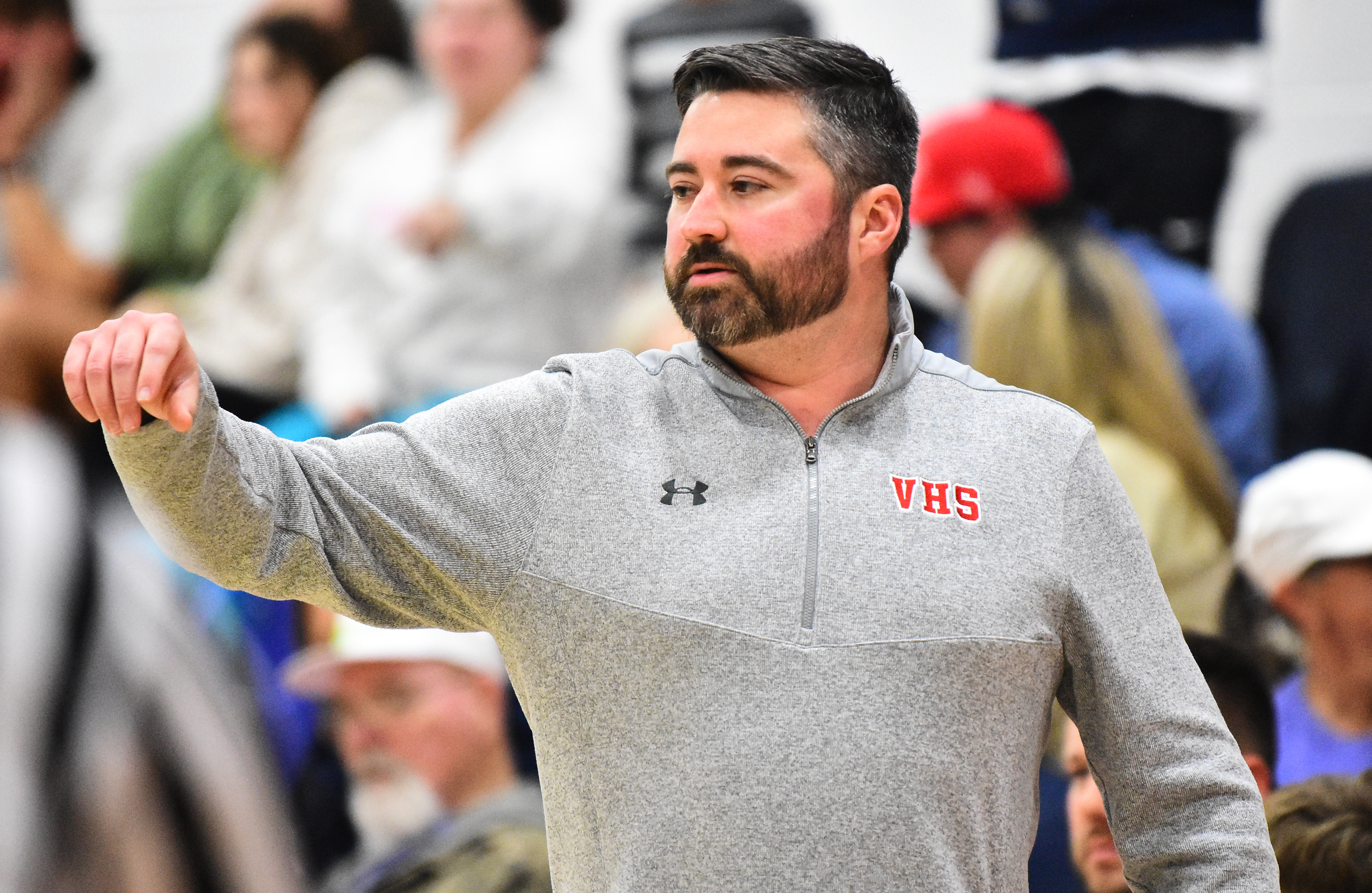The Value of a Hometown Newspaper
Published 9:34 am Monday, June 25, 2012
What value can you put on your memories? If they are as precious to you as mine are to me, the answer to that question is that there is no price high enough.
And if that’s true, then I imagine that you probably have some of yours stored away in boxes, between the pages of your Bible, or in scrapbooks. Think about this for a minute…how many of them are newspaper clippings?
They might be a hodgepodge collection of faded and yellowed recipes, a photo of your graduating class, your child’s birth announcement and your grandfather’s obituary. They probably include a candid shot of your son’s great catch on first base, or your daughter’s cheerleading squad, a parade, or a Christmas pageant.
One thing is certain; the name at the top of the page, if you haven’t trimmed it away, is not CNN.
In light of the recent announcement that several old, established newspapers are having to lay off hundreds of employees and cut their publications to three days per week due to reduced sales, I thought back to just what newspapers have meant in my life.
My grandfather, who was half-blind, walked several blocks to the post office to retrieve his mail each day. The first thing he did when he got back home was to sit down with his magnifying glass and read the paper, folded into quarters, from cover to cover.
Then, when he was finished, my grandmother would fold it back into the order in which it came, and read the parts that interested her most: The social page, obituaries, sales papers, opinion and editorial pages, and the classified ads.
Afterward, she would give me the paper so that I could look at the pictures. There was always someone in the paper that I knew, either in a birthday picture, an award ceremony, wedding, or a posed group of snaggle-toothed kids lined up in ball uniforms.
Sometimes I would clip the pictures out, but only after my grandmother had clipped out the recipes, coupons and any obituary that she wanted to save.
Often local banks would clip out photos of children or wedding announcements, laminate them and mail them to their customers as a friendly gesture.
Many times I’ve walked into a store and seen newspaper clippings hanging on the wall of missing pets, or the week’s sale items.
I have clippings of my grandmother’s wedding announcement, my mother’s and mine, all faded with time and some a little brittle, but nevertheless, a memory that I cherish.
Over the years I’ve saved hundreds of recipes, and have them now, filed away in accordion file boxes and labeled so that I can find them easily. And they are the original clippings, not something I’ve run off on a printer.
Newspapers are the pulse of any community, be it a metropolis like Birmingham, Huntsville or New Orleans, or a small town paper like ours.
Local newspapers keep people informed of the things that CNN and Fox News could care less about – like the blue ribbon winner at the county fair, the farmer who grew the biggest tomato, or who took first place in the middle school spelling bee.
CNN or Fox will probably never be at our local Friday night football game when your son makes the winning touchdown, but your local newspaper reporter will be. The media giants won’t attend the county high school graduation, but someone from your paper will.
If you depend only on the Internet to supply your news, you will never know how your neighbors feel about the upcoming elections, or who made the A honor roll in Mrs. Johnson’s first-grade class, or how much a cantaloupe costs at the local market.
True, newspapers might use half a page to tell us about the city council meeting that was pretty boring to some people, but to others it might define how their lives are affected by a right of way, or a sewer line.
Newspapers have been part of the fabric of our lives for so long that they’ve become a part of our everyday language, “Have you seen the paper?” or “I read it in the paper” or “Has the paper come yet?”
Its true that computers have added many valuable and time-saving innovations to our lives, but a sheet of printer paper or a blue-hued screen can never take the place of holding a crisp, neatly folded newspaper in our hands while we read about people we really know and care about.
Local television channels might bring us news of a house fire or a bank robbery faster than the newspaper will, but they never have enough time to fill in all the details of the robbery before they move on to the next snippet of a story.
Even after all these years I can hardly wait for the paper to come. It means that I can sit down for a few quiet, maybe uninterrupted moments, and read things that no television or computer generated global media outlet will ever be able to tell me.
I know newspapers have to make a profit, and I know that the age of instant information is constant competition for the attention of readers, but I can’t bring myself to understand how we can let this happen….it’s sort of like the difference between fine china and a paper cup, or a home cooked meal vs. fast food, or a winter-imported tomato compared to one plucked from the vine — they might serve the same purpose, but they are just not the same thing.





